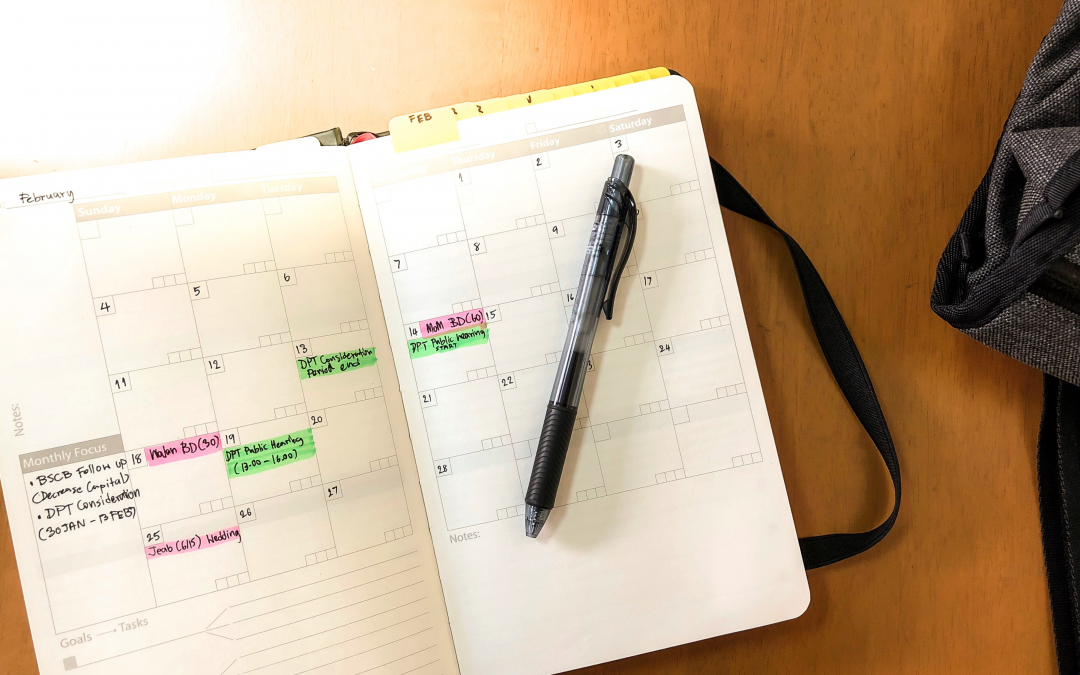“How did your fall semester go?” is a question I may have asked dozens of time over the past month to both current and former students. I also asked my own two college kids, who like to respond in one word answers such as “Good.” It may seem a throwaway question, but I am intensely interested in the answers.
As an educator who specializes in first-year students, I am constantly curious as to how they experience college and how they fare semesters after I have had the privilege of teaching them. While it may be annoying (to my kids), it has given me great insight into the college experience, especially during a pandemic.
Here are some of the answers that I received, in no particular order:
- Horrible. I had to teach myself most of what I learned and it was really hard.
- Okay. I didn’t get to see my friends much. I pretty much sat in my room working on my classes.
- What I expected. I am not very social to begin with, so taking online classes and working alone was fine with me.
- Good. I found ways to interact with people…safely…I promise! While I didn’t love it, I made it through.
- I had difficulty keeping up with everything, and then I took on a job in the middle of the semester, which was a disaster.
- It was fine, but now I am worried about next semester.
As an educator who prides herself in creating and delivering high-quality learning experiences (or so I think; my students may say otherwise at times), it pained me to hear that students were, for the most part, not completely satisfied with the fall semester. As a parent of a first-year student, I was honestly sad to think that my freshman kid’s impression of college was “meh.”
While I cannot turn back time (and vaccinate the world against COVID-19 before it got out of control), I can take what I have learned from students–and my own college freshman and senior–and share some ideas for making this next semester better, and if not better, then more tolerable.
- Get organized! This was the refrain from all the students I asked. They either lamented how their poor organizational skills messed them up or bragged on their ability to juggle all they had to do. Good planning and time management skills are always needed in college, but during these unprecedented times (I promise never to use that word again after this!), it is even more important that students get a paper planner or a dry-erase calendar, or better yet BOTH. If your student is not used to writing tasks and due dates down, it may be worth showing them how to do it and how to monitor their progress.
- Use technology to get connected. Many students told me they didn’t make many friends and had trouble connecting with classmates, and yet, the most wired generation ever have amazing tools in their hands (or under their pillows when they go to bed): social media and technology! Many students said they used apps such as GroupMe and SnapChat to communicate formally (in terms of group projects) and informally (in terms of friend groups) with others. While we want them put down those phones to be present when hanging out with others, this may be the time to leverage their ability to stay connected with others at all hours of the day. Coach your student to ask the following in their classes or through the Chat function in their online classes:
- “Hey! Anyone want to be in a GroupMe for class? We can study together or just send supportive comments.”
- “I am looking to get a study group together. Anyone want to join?”
- “Does anyone want to follow me on…[SnapChat, Instagram, Twitter, etc.]? I post fun things that I like to do.”
- Get outside. One student joined an outdoor adventure group to get his social needs met in a way that didn’t violate his university’s distancing guidelines. He spent weekends riding mountain bikes and hiking in the area with other like-minded acquaintances. As the weather warms up this spring, it will be easier to participate in these activities.
- Develop resilience. While it may be tempting to moan about what was missing from last fall’s experience and how it made learning and living more difficult, it is more important to reflect on what your student learned about themselves and how they adapted to the challenges. Some of my students mentioned that they learned how to rely on themselves to master the material in ways they had never done before while others said they finally learned how to reach out for help instead of suffering in silence. They learned, too, that everyone needs help sometimes, which really made a difference in how they saw themselves. Ask your student what they did to develop resilience and how they will use it for future challenges. You may be surprised (pleasantly, I mean).
I know we all want to get back to “normal,” whatever that may mean, but I think we are susceptible to romanticizing “life-before-COVID.” I can tell you that “learning-before-COVID” had its drawbacks just as “living-before-COVID” did. For one, we assumed that in-person classes were the gold standard and that online learning was a poor substitute. We also took for granted the need for real, live socializing and physical interaction, especially as it relates to learning. Maybe now we can take the best of both worlds and create a more inclusive, engaging college experience.

